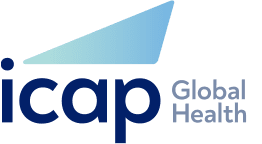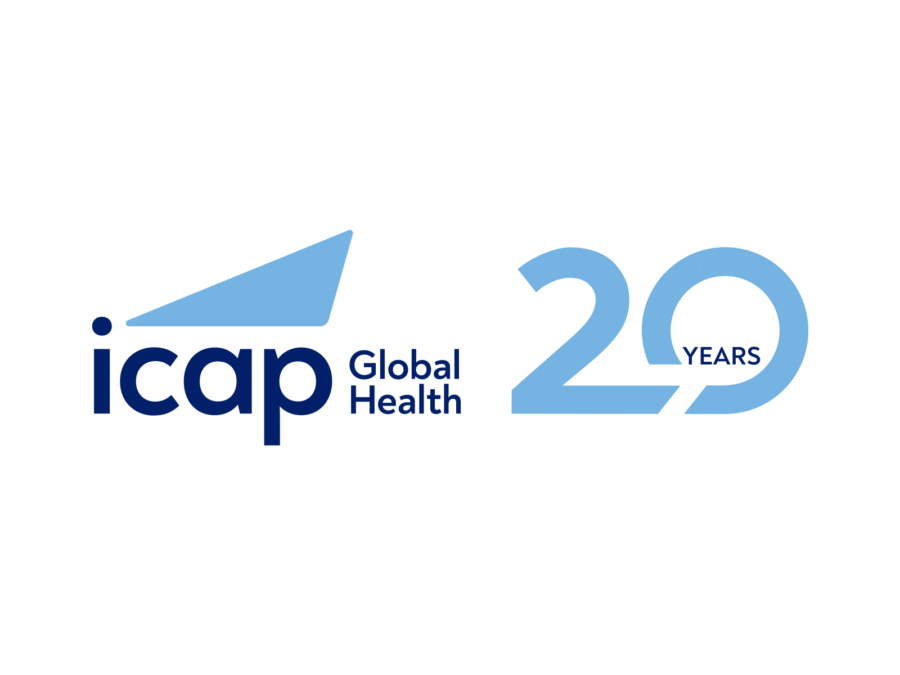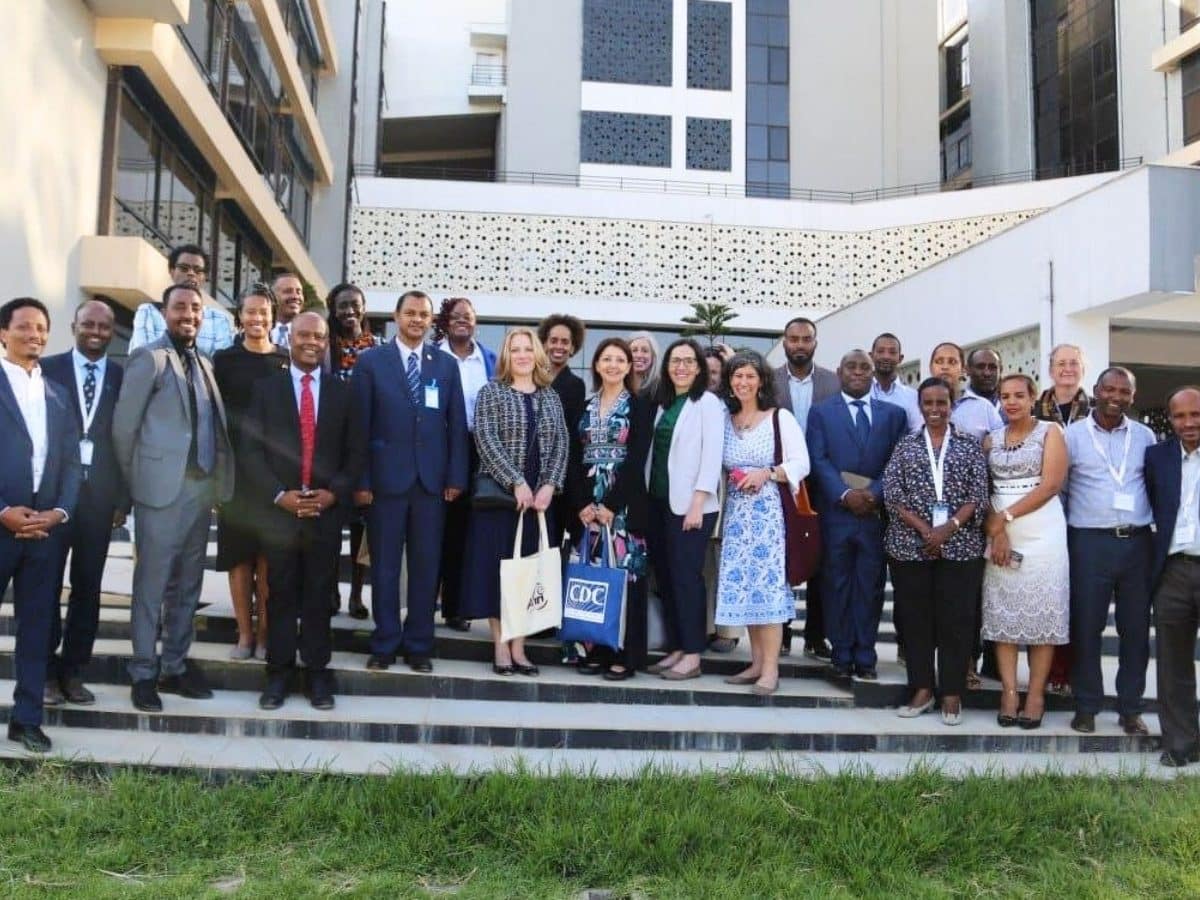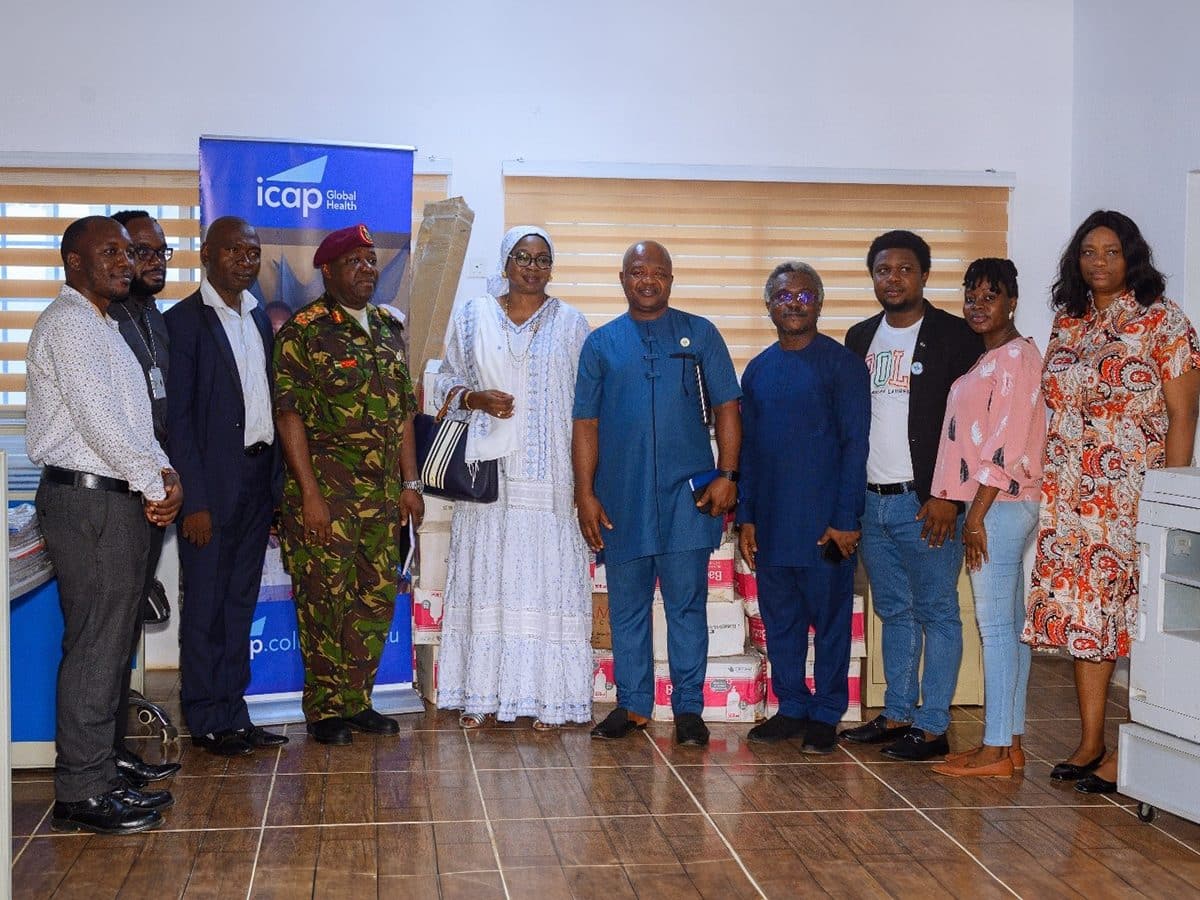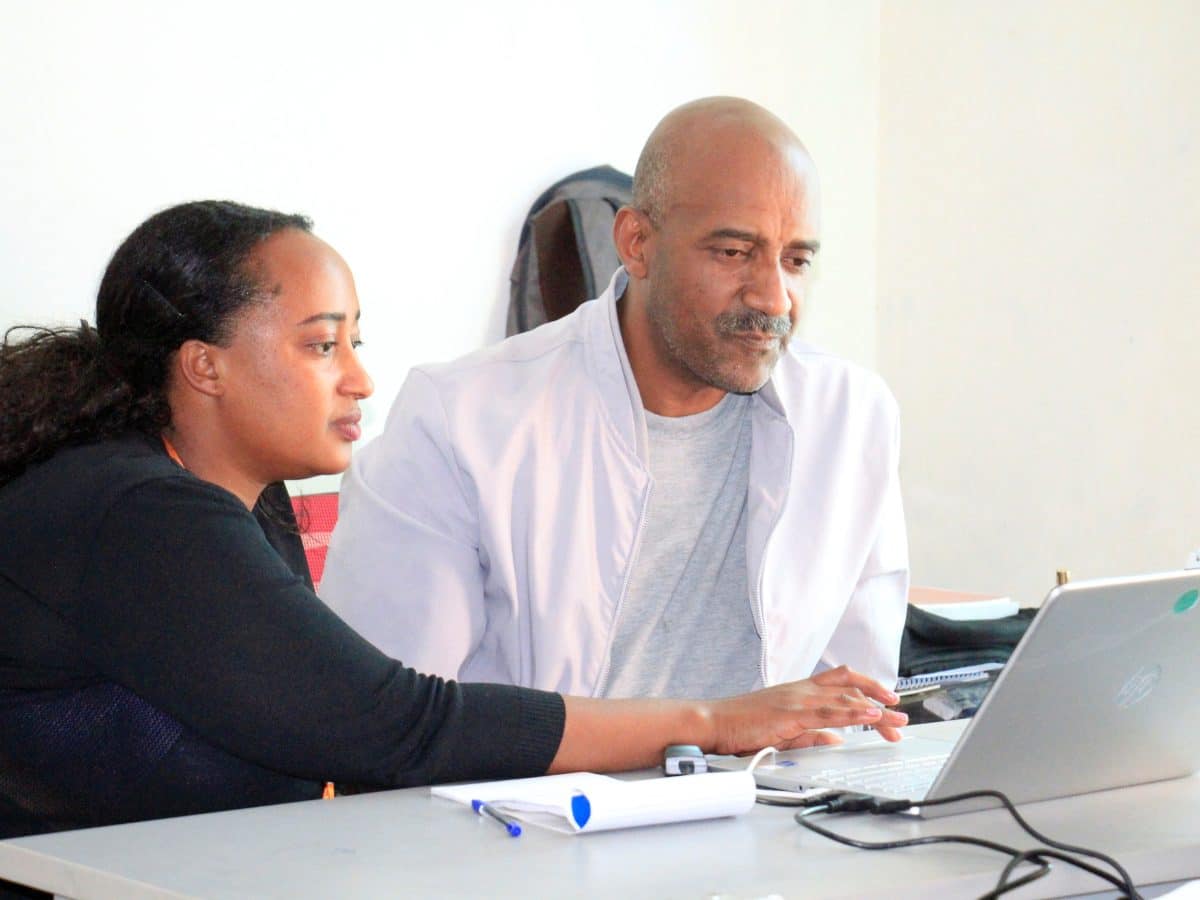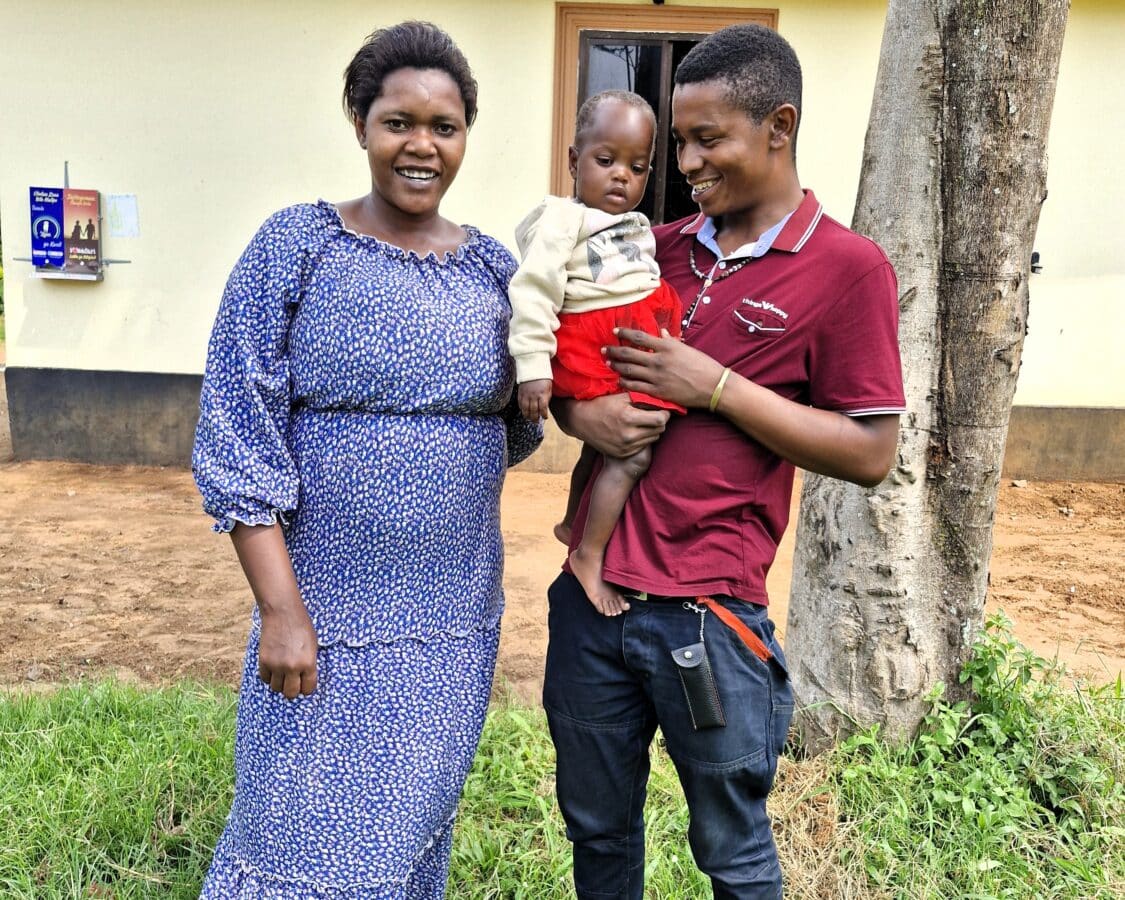Out of every four adolescents newly infected with HIV in sub-Saharan Africa, three are young women. In Tanzania, ICAP is scaling up a project called FIKIA that seeks to change this statistic. The Chargé d’Affaires of the U.S. embassy in Tanzania, Acting Ambassador Virginia Blaser, recently paid the project a visit and met a group of the young women dedicating themselves to preventing new HIV infections in Mwanza, a region bordering Lake Victoria in the far north of the country.
FIKIA—the word means “to reach” in Swahili—trains young women to be health ambassadors, delivering outreach services to women and girls in their own communities. The training empowers them to act as peer champions, counseling their peers on how to handle peer pressure and decrease their risk of HIV infection, how to negotiate the difficult circumstances that can lead to risky sex, and how to access reproductive health services.
“Helping women in the community is a challenging job that requires commitment, passion, and patience,” explained outreach volunteer Yasmin Mohamed. “It’s a continued learning process, dealing with challenging scenarios…I want to continue to be the role model in my community. I am happy that the Chargé d’Affaires recognizes our work.”
The FIKIA project also trains young women and men from populations with elevated HIVrisk, such as female sex workers and people who inject drugs. These outreach volunteers are at the front lines of HIV prevention activities in their communities: “Before I joined [the project], I was a sex worker engaging in risky sex behaviors,” explained one outreach volunteer named Happiness. “The education I got from ICAP helped me change and contributed to assist my friends to also change.” Blaser’s visit was a source of fresh motivation for Happiness: “The visit of the Chargé d’Affaires has empowered me because she recognizes that our contribution in the community is key in reducing HIV infection among women in the community.”
Blaser also visited a mobile testing site in Mwanza where volunteers work together with health workers to provide community-based HIV counseling and testing. Mobile testing has enabled the project to bring testing services directly to locations where beneficiaries gather in the community. Outreach volunteers also escort beneficiaries to health facilities for HIVtesting services. In the past six months alone, this has resulted in over 8,000 women (including nearly 3,000 female sex workers) accessing HIV testing and counseling services in Mwanza and the nearby region of Kagera.
Based on the project’s successes in Mwanza and Kagera, in October 2016, ICAP received a new five-year award from the U.S. Centers for Disease Control and Prevention through the U.S. President’s Emergency Plan for AIDS Relief (PEPFAR) to expand the FIKIA project to seven additional regions in Tanzania. Working in close collaboration with the National AIDS Control Program and the respective regional and council health management teams in the implementation locations, the FIKIA project now aims to deliver HIV prevention services to over 200,000 individuals by the end of September of this year.

